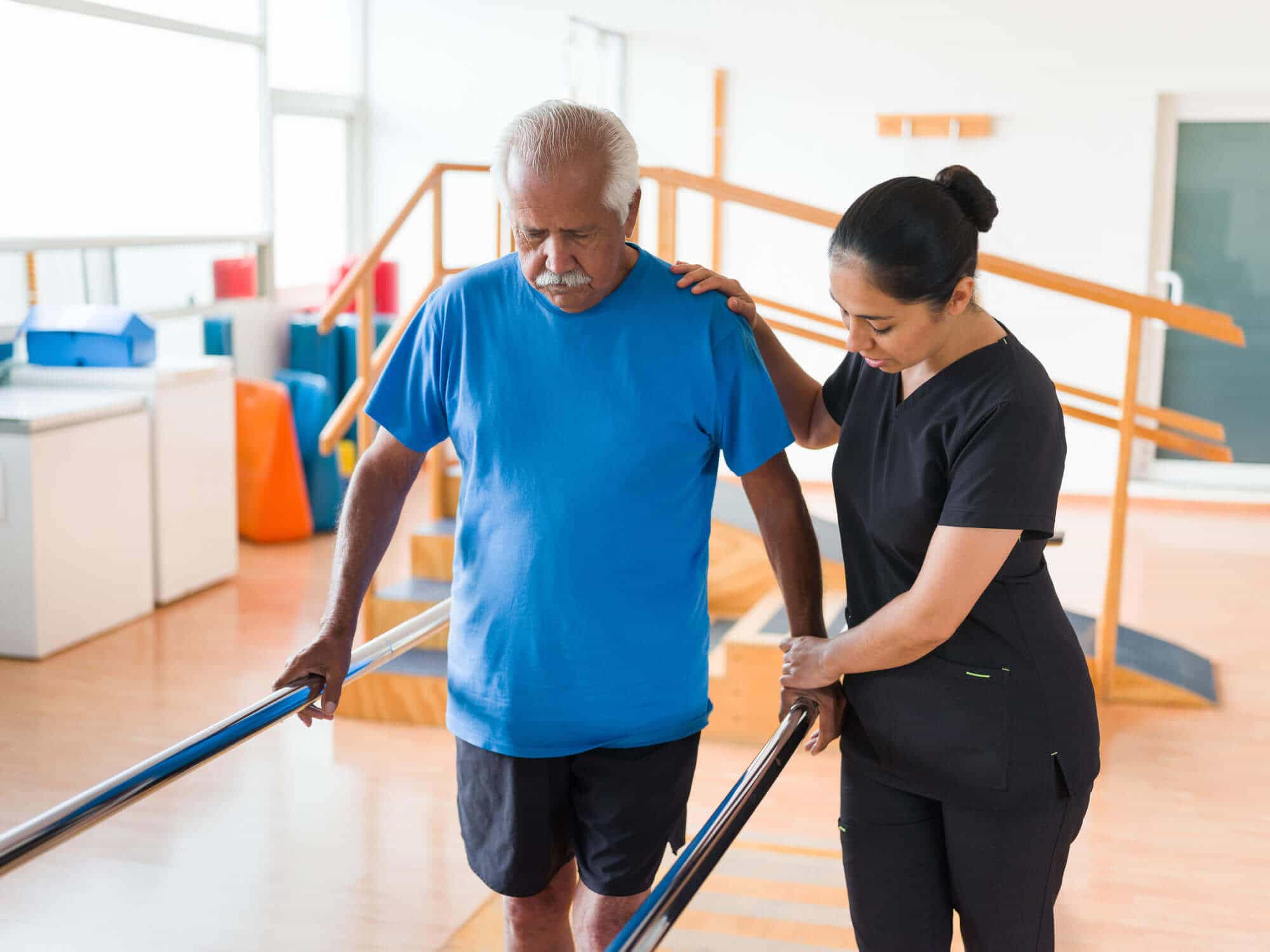Building Mental Toughness to Improve Outcomes in Physical Therapy
Wiki Article
Mental resilience is an essential quality that can greatly improve performance in sports rehabilitation. Competitors often grapple with injuries that involve time away from their activity, which can be both physically and emotionally difficult. Mental resilience refers to the ability to remain robust and positive in the face of obstacles. It helps performers adapt to the pressure of rehabilitation, stay concentrated on their milestones, and maintain drive throughout the recovery process. By developing emotional stamina, patients can improve their recovery experience and return to their performance stronger than before.

An key aspect of building mental resilience is setting realistic goals. When athletes are injured, it is important for them to have well-defined, attainable objectives during their healing. These plans should be precise, quantifiable, attainable, meaningful, and deadline-driven (actionable) principles. For example, instead of saying “I hope to heal quicklyâ€, an athlete might set a goal like “I will follow my therapy routine three times weekly for four weeksâ€. This helps athletes assess their progress and keep their attention on what they can control, reducing feelings of disappointment or despair.
Another important discover this info here factor in developing inner strength is maintaining a positive mindset. Recovering individuals should practice encouraging inner dialogue and visualization techniques to foster a resilient mental environment. Self-reinforcing language involves replacing defeating thoughts with affirming statements. For instance, instead of thinking “This is too hardâ€, an individual could tell themselves “Each day I’m improvingâ€. Visualization can also be effective; athletes can imagine themselves performing well in their activity as they recover. These practices help build self-belief and reinforce great post to read the belief that recovery is possible.
Networks of support play a critical role in fostering psychological strength during rehabilitation. Sportspeople should surround themselves with supportive friends, loved ones, mentors, and healthcare providers who understand the difficulties of recovery. Honest conversations with these support figures allows recovering individuals to express their feelings, concerns, and setbacks. Additionally, sharing experiences with other recovering peers can provide a sense of shared understanding and understanding that makes the process easier. Knowing others have faced related obstacles can foster hope and motivate athletes to keep going.
In addition, mindfulness practices can measurably improve an individual’s emotional stability during rehabilitation. Mindful awareness involves being attentive of one’s internal dialogue and emotions without bias. Practices such as meditation, breathwork, or restorative stretching can help athletes manage tension and emotional pressure related to their injury. By incorporating these techniques into their everyday schedules, patients learn to stay present and focused on their recovery process, rather than dwelling on what they have lost during their time off from training. This method promotes psychological balance and encourages a more positive attitude towards recovery.